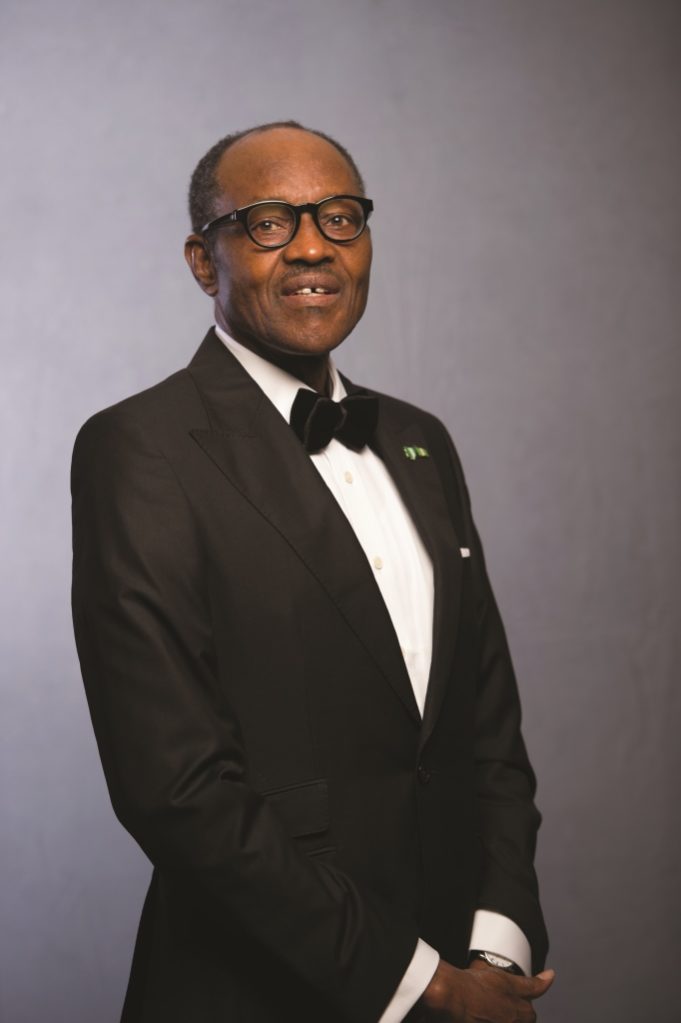For citizens of Africa’s largest economy, 2015 was defined by hope, politics and economic stagnation. They will remember the year for its toxic politics, power games, political propaganda, public discourse on socio-political reengineering and economic inertia.
Nigerians were effectively waiting for their new leader to flag off widespread reforms, which was a crucial step towards fixing their damaged economy. For people with the dubious distinction of being one of the most corrupt nations in the world, they also needed to restore national pride.
Luckily, Nigeria’s brand of politics produced a democratically elected president through predominantly peaceful polls in March.
Considered to be a gentleman and excellent soldier, Muhammadu Buhari once reigned over this complex and fast growing nation as supreme military leader between December 1983 and April 1985. Booted out of office by another soldier for being too autocratic – stern, frugal and draconian – Nigerians now wanted him back for those same reasons they welcomed his ejection 30 years ago, albeit with a democratic flavor. Historians will do well to credit him with this ironic twist of national déjà vu.
They will also record his evolution from perennial presidential candidate to President as unique. Like him or not, he has emerged as a national emblem of persistence. Prior to this year’s elections, Buhari had ran unsuccessfully for the presidency in 2003, 2007 and 2011, ending his quest on each occasion in protracted legal battles.
Loading...
In a world where perceptions become instant reality, Nigeria’s political trajectory to 2015 restored hope in Africa’s political culture and set the tone for other elections across the continent. The emergence of a winner with seemingly squeaky clean credentials – in a nation where graft has become a culture – rekindled investor confidence in the Nigerian economy and once again placed Africa’s most populous nation on the radar of the global community – this time for a positive reason.
“Once uncertainty was removed over the fate of Nigeria, risk levels dropped and all previous analysis has to be recalibrated,” Olufemi Awoyemi, the CEO of Proshare, said days after the elections.
Buhari’s brief was obvious: fix the faltering economy, restore peace and security, and revamp the social and political ethos of the land. The man, however, doesn’t seem to be in a hurry. His unrushed style confounded, and still confuses, friends and critics alike, and has left many Nigerians wondering if perhaps the change they voted for was a mirage. His performance to date offers a mixed ray of hope.
Battling corruption was always going to be Buhari’s forte. He has overhauled the leadership of the Nigerian National Petroleum Corporation (NNPC), and has been exhuming contractual anomalies and crude oil theft cases identified during the previous administration.
Pleading for patience, his search for incorruptible men and women to fill cabinet roles took almost five months.
He has secured the support of the United States and other G7 nations. This renewed interest in Nigeria will be useful when he goes after ill-gotten funds of indicted citizens and ex-government officials stashed away in foreign banks. The man himself has no foreign bank account.
The war against Boko Haram has also benefited from better regional cooperation. Nigeria, Chad, Cameroon and Niger now have a multi-national task force fighting the insurgency.
The Buhari administration is however yet to rescue the Chibok girls, abducted by Boko Haram in April 2014. The world also continues to watch how he will fulfil another campaign promise to cut down the size of government.
The economy meanwhile seems to lack a definite course. Without ministers and without a clear modus operandi for implementing economic reforms, financial markets and investors continue to stall, waiting for direction on key policy issues such as trade and investment, currency and interest rate management.
The president’s 2016 fiscal plan might yet provide some clues to his chosen path in to the future.
Loading...
